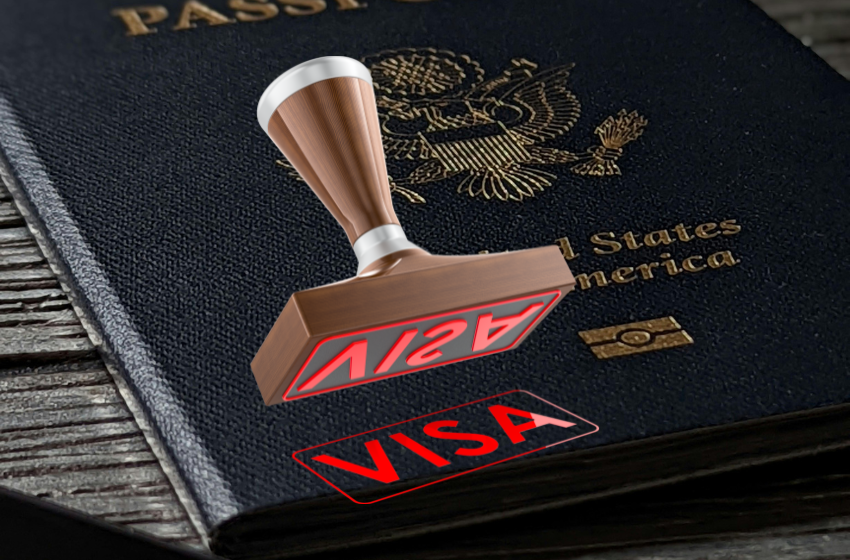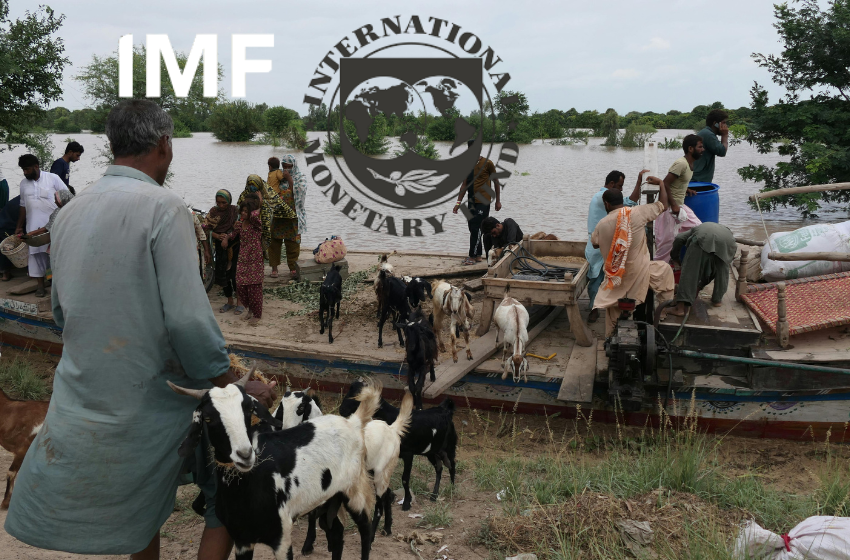Pakistan faces a serious personal data leak that exposed sensitive details of ministers, officials, and everyday citizens. Authorities discovered that vast amounts of private data, including CNIC scans, SIM ownership records, call logs, and travel histories, are being sold online for as little as Rs. 500.
Officials have launched an NCCIA probe to find those responsible and stop this alarming data breach. Let’s find out in detail!
Widespread Personal Data Leak Emerges Online

On September 8, 2025, reports revealed a disturbing trend: personal data belonging to federal ministers, bureaucrats, and ordinary citizens was openly traded on the internet. Platforms made CNIC copies, SIM details, call logs, and travel records easily accessible for minimal fees. The data surfaced on websites that appear even through simple Google searches.
Authorities Launch Urgent Investigation
Interior Minister Mohsin Naqvi immediately ordered action. He directed the National Cyber Crime Investigation Agency (NCCIA) to launch a full-scale NCCIA probe. A 14-member special investigation team began its work the same day. The team must identify those responsible and submit findings within 14 days.
Data Costs Barely More Than Pocket Change
Reports highlight the shocking pricing scale of the data leak. Mobile SIM ownership details were available for Rs. 500; detailed call records went for Rs. 2,000; and international travel histories sold for Rs. 5,000. These low prices make it easy for criminals to access and misuse personal information.
Blocking Alone Failed to Stop the Personal Data Leak
The Pakistan Telecommunication Authority (PTA) had attempted to block websites selling the leaked information. Yet, the illicit trade continues unabated, pointing to regulatory gaps. Security experts called the situation a systemic failure and warned about lasting damage to public trust and national security.
Who Is Affected by this Personal data leak?
This personal data leak impacts a wide group:
- Federal ministers and senior government officials.
- Ordinary citizens from across Pakistan.
- Even high-profile figures like the Interior Minister and PTA spokesperson appear in the exposed information.
Risks Are Real and Immediate

Cybersecurity experts warn that criminals could use these details to harass or blackmail individuals. Public confidence in government institutions may erode further. The easy availability of personal data through basic internet searches makes the situation even more dire.
A Renewed Call for Stronger Protections
Critics now question the effectiveness of existing safeguards. They suggest stricter oversight and proactive cyber laws to prevent similar data breaches in the future. The NCCIA probe might bring clarity—but long-term reforms remain necessary.
What Comes Next?
Here’s what unfolds next in response to this ongoing personal data leak:
- NCCIA investigation: The special committee will work around the clock, targeting those who leaked or traded data.
- Legal action: Authorities plan swift legal proceedings against data traffickers and site operators.
- External audits: Analysts and experts may review PTA and other agency responses to identify system weaknesses.
- Public reassurance: Officials promise to bolster protections and restore trust.
Final Thoughts
Pakistan’s personal data leak shows how fragile online privacy remains—even for high-ranking officials. For a few hundred rupees, criminals access life details, posing serious threats to national security and individual safety. The NCCIA probe stands at the center of hope. But to truly close such gaps, the government must pair legal action with lasting digital protections.









